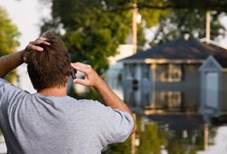|
Is Your Home Insured to Its Replacement Cost?
If you lost your home in a fire, how much would it cost to rebuild it? The answer may be different than you think. And if your home isn’t insured to its full replacement cost, your homeowners policy may not cover the full cost for you to rebuild it in the event of a covered loss. Rebuilding costs could differ from what you paid for your home and be more than its current market value what it would sell for today – especially in areas where the value of real estate has changed. A replacement estimate includes costs to rebuild your home component by component. Current costs for labor, materials and contractor fees may influence the replacement cost of your house. Some key factors that affect the cost of rebuilding a home:
We are an insurance company that cares. We help you get the coverage that meets your needs to help protect the things that are important to you, so you don’t have to worry. It’s important to have a current estimate for your home’s replacement cost, one that reflects any significant improvements that you have made to the house. For example, if you installed a central air conditioner or finished your basement after you took out your insurance policy and never updated the replacement cost, your home might not be fully covered in the event that you need to completely rebuild following a covered loss. Here are some steps that you can take:
Making sure that your home is insured to its full estimated replacement cost is another way to help protect your home and the things you’ve worked hard to build. Learn more about our homeowners insurance products, or if you’re ready to take the next step, click here to get a quote or find an agent.
0 Comments
In 2014, criminals committed more than 8.2 million property crimes in the United States, of which nearly 21% were burglaries, according to the Federal Bureau of Investigation (FBI).
With those types of statistics, it is no wonder home security systems are on people's minds. But in a world where technology seems to evolve every month, home security systems have ventured into new territory: smart alarms. What Is a Smart Alarm System? As recently as 10 years ago, consumers did not have access to technology that let them manage their own home security systems. Smart alarm systems changed that. Originally, traditional security systems were hardwired into the home and monitored by a central station, usually a home alarm company. The customer paid monthly fees. Fast forward and today, consumers have smartphones, home networks and wireless technology—all of which the smart alarm system can utilize. People can buy door sensors to detect if someone is outside or door locks that can be monitored and potentially controlled from one's cell phone. In essence, smart alarm systems may be able to empower the customer to build their own network of security while retaining control, usually through their cell phones. What Are the Benefits?More and more homeowners are installing their own smart alarm systems. The benefits are many, including:
What Are the Challenges? One of the challenges smart alarm systems pose to the consumer is the risk of being hacked. Improper home network configurations, flaws in the devices or password compromise could allow a hacker to break into the system and determine if anyone is home, or even seize control. Homeowners can take these three precautions to help prevent hackers from accessing their smart alarm systems:
Additionally, recognize that your entire system may not be designed to function during a power outage. To help ensure that your system continues to function during a power outage, if you do not have an automatically starting generator, consider employing sufficient battery back-up to power the Wi-Fi system, control panel and all the security monitoring equipment. Consumer access to smart technology goes well beyond home security, enabling consumers to manage and monitor many aspects of home ownership, such as water-leak detection, loss of building heat, the ability to open or close garage doors remotely and the ability to turn on or off small appliances or lights. Whatever technology you are planning to use to monitor or control aspects of your home, Travelers professionals emphasize reaching out to an organization or individual with expertise in smart home technology for help. Umbrella insurance provides additional liability coverage that can help protect assets such as your home, car and boat. It can also help cover defense costs, attorney fees and other charges associated with lawsuits.
What is Umbrella Insurance? Umbrella insurance coverage helps protect you from the costs of covered claims when those costs exceed the limits of your home insurance or auto insurance policies. An umbrella policy can help cover defense costs when you are being sued for damages to someone else’s property or injuries caused to others in an accident. What Does Umbrella Insurance Cover? Whether it’s a serious car accident involving extensive medical bills or an incident on your property, you may quickly find yourself responsible for damages that exceed the limits of your auto, homeowners or boat policies. That’s when having an umbrella insurance policy can provide coverage that goes beyond the limits of your primary coverage. Travelers umbrella insurance can help provide coverage for:
A Travelers umbrella insurance policy is a valuable addition to any auto, homeowners or other policy for extended personal liability protection. In today’s world, anyone can face a lawsuit, even if you’ve done nothing wrong. That’s why it’s more important than ever to consider adding an umbrella policy as an extra layer of protection for your assets – and your peace of mind. What is Not Covered by An Umbrella Policy? Generally, damage to your own personal property is not covered under a personal umbrella policy. Other examples of coverage not included in a typical umbrella policy are:
Umbrella policies are typically very affordable and can be a great way to help protect yourself against the potentially devastating costs of major claims that exceed the limits of your primary home and auto policies. Contact a Calfee Insurance agent representative to learn more about personal umbrella policies and whether this additional coverage makes sense for you. If you're working on your home or putting on a new roof, consider renovating to FORTIFIED standards.
Developed by the Insurance Institute for Business & Home Safety (IBHS), FORTIFIED Home™ construction practices are designed to help homeowners and communities better weather future storms, including hurricanes, high winds, hail and severe thunderstorms. Building codes set a minimum standard for construction techniques and materials. Building FORTIFIED means exceeding those requirements. The goal of building FORTIFIED is to take action today to make homes and communities more resilient to natural disasters tomorrow. Using data from more than 20 years of storm damage, IBHS created a set of standards for new and existing construction that can be affordable and can be incorporated into your home’s building design. Travelers Insurance allows you to customize your coverage to fit your unique needs. We focus on understanding you, so you'll feel right at home working with us. Three Levels of FORTIFIED Home Designations
Adding Value and Safety After a certified, third-party evaluator verifies that the home meets FORTIFIED standards, you receive a certificate and a unique ID number valid for five years. The FORTIFIED designation helps show you have made consistent and defined structural updates to your home. To learn more, visit the IBHS website. Learn more about Calfee homeowners insurance products, or if you’re ready to take the next step, click here to get a quote. As you plan your next home renovation project, choosing the right contractor for the job is a critical first step in your planning process. You want to make sure you vet the quality of their work in advance, spell out in writing what work you want performed and agree upon the scope of the project, and inquire whether the contractor is properly licensed and insured in case something goes wrong.
This checklist compiles the top 10 tips to consider when selecting a contractor: 1. Get Multiple Estimates Talk to several contractors and get written estimates from at least three. Make sure you’re comparing apples to apples when you get multiple estimates. Look at building materials, work methods, timelines and other factors that may vary by contractor. Be cautious of estimates that are too high or too low. 2. Hire Local, Licensed Contractors Whenever Possible Local contractors are easier to contact if problems develop with the work in the future, and they are more likely to be familiar with building codes in your area. Ask the contractor for their local, physical address. Be suspicious of anyone who goes door-to-door or refuses to leave a contract overnight. 3. Check Their Past Work How has their worked turned out in the past? Do they specialize in the kind of work you want done? Check references about the quality of their products, their workmanship and their customer service. Inquire about their professional reputation and years in business with the Better Business Bureau. A contractor with more than five years of experience is preferable. 4. Take Your Time Making a Sound Decision Get multiple bids before making a decision. Don’t be pressured into making an immediate decision, particularly with regard to signing a contract. Be cautious when asked to pay a large deposit up front. Make sure to read the fine print on all estimates and contracts. If you’re having emergency repairs done and don’t have time to thoroughly research a contractor, ask neighbors, family or friends to see if they have had a good experience with an emergency services contractor. 5. Check Their Insurance and Bonding Make sure the contractor is properly insured and bonded. Ask the contractor for a certificate of insurance (COI), which should provide the name of the insurance company, policy number and policy limits the contractor carries. You can contact the insurance company directly to verify the coverage and make sure the policy is still in effect. Do not do business with a contractor who does not carry the appropriate insurance coverage. If the contractor is not insured, you may be liable for accidents that occur on your property. Travelers Insurance allows you to customize your coverage to fit your unique needs. We focus on understanding you, so you'll feel right at home working with us. 6. Get Everything in Writing Secure a comprehensive contract before work begins. Get everything in writing, and make sure the contract is clear and well written. Consider having a lawyer review the proposed contract for your protection before you sign it if the project involves substantial costs. The contract should include:
Changes to the contract should be acknowledged by all parties in writing. Ask the contractor for confirmation that he or she has obtained all applicable building permits. If you decide to cancel a signed contract, you should follow the contract’s cancellation clause. Written notification of the cancellation should be sent by registered mail to ensure you have proof of the cancellation. 7. Understand Your Right to Cancel Federal law may require a “cooling off” period, in which you can cancel the contract without penalty. Check with the Federal Trade Commission and the laws of your state to understand your rights. Be sure to follow applicable rules during the cooling off period. If you do cancel, consider sending the notice of cancellation by registered mail to ensure you have proof of the cancellation. 8. Don’t Pay Up-Front Don’t pay for the entire project before it is completed. Make sure you make checks payable to a company, not an individual, and do not pay in cash. For larger projects, it is standard practice to pay one-third of the estimated costs as an initial payment. That way, you can retain your cashed check as a receipt. 9. Anticipate Delays Delays happen, and may not be the fault of your contractor. In spite of the timeline outlined in your contract, circumstances such as weather may prevent the work from remaining on schedule. Be realistic and prepare to adjust your plans accordingly. 10. Keep a Job File Keep your contract and all the supporting documents in one folder. Your file should also contain any change orders, plans and specifications, bills and invoices, canceled checks, and certificates of insurance and any letters, notes, or correspondence with the contractor. Technology has helped to change auto theft in significant ways. Engine immobilizers, audible alarms and vehicle recovery systems have made cars harder to steal and easier to recover. Today’s thefts are often the product of opportunity, with would-be thieves looking for unsuspecting drivers who leave their cars unattended. While motor vehicle theft rates have declined 42% over the past decade,¹ a car is still stolen every 44 seconds in the United States.² Between 40-50% of thefts are due to driver error,³ including doors that are left unlocked or keys that are left in plain sight. In order to help protect your vehicle from a crime of opportunity, you need to take some preliminary steps to slow down any potential thieves. Try to avoid parking in places where a thief will have time to bypass the ignition system. And even if you are running a quick errand, always lock and set the alarm on your car. Be sure to bring inviting items, including your keys, phone, GPS, laptop, and wallet with you, or stow them out of sight. Stow Valuables Before You Park Many thieves watch parking lots looking for people who leave valuables in their cars. Stow valuables out of sight before you park so not to attract the attention of thieves. Park in Plain Sight Always remember to park your car in a safe and visible location. Thieves will act even in broad daylight if they can find cover. Look for well-lit areas and open, unblocked spaces when you park. Do Not Leave Your Vehicle Unattended While Idling Even if you are just making a brief stop, always take your keys with you. Thieves tend to frequent convenience store parking lots and gas stations, where people may leave their cars running and keys in the ignition. During cold weather, it might be tempting to let your vehicle idle to warm up. This makes an inviting target for car thieves. Hide All Electronic Cords Avoid unintentional visual tips for thieves, which include leaving chargers for phones and gadgets as well as holsters for navigational equipment in plain sight. Take Precautions and Make Tracing Your Car Easier When leaving your car, lock all doors, roll up the windows and remove the keys. If you have one, activate the alarm and set the parking brake. Install wheel locks to prevent theft of wheels and tires. Consider an after-market steering wheel/brake lock if you are in a high-crime area. Having your vehicle’s VIN etched on all windows can also help deter thieves. If You Believe Your Car was Stolen:
|
better Insurance
|
-
HOME
- Send me a Home Insurance Quote >
- FLOOD Insurance, Massachusetts >
- Cape Cod Home Insurance
- Pay Your Home Insurance Bill Online
- Ordinance or Law Coverage
- How to Prevent a Claim on your Home Insurance Policy
- Videos - Cape Cod Real Estate Tips >
- Cape Cod Massachusetts Arbella Insurance Discounts
- Cape Cod Massachusetts Lloyds of London Home Insurance
- Safety Insurance Discounts for Cape Cod, Massachusetts
- MPIUA - MA Property Insurance Underwriting Association "Fair Plan"
- Cape Cod Massachusetts Home Protection Insurance
- Hurricane Preparedness >
-
AUTO
- Send me an Auto Insurance Quote for Cape Cod, Massachusetts
- BOAT Insurance >
- Cape Cod, MA Dept. of Motor Vehicles
- Cape Cod Massachusetts - Report an Auto Insurance Claim
- Auto Insurance Quote - CAR BUYING TIPS : Auto Insurance for Cape Cod, MA
- InControl Driver Training
- Car Insurance for Cape Cod Massachusetts - Arbella Insurance - Send me an Auto Quote >
- Plymouth Rock - Send me an Auto Quote >
- Encompass Insurance Discounts
- Safety Insurance - Send me an Auto Quote >
- Travelers Insurance Discounts
- Progressive Insurance - Send me an Auto Quote
- LIFE
- OFFICES
- ABOUT US
- Stay Home
- Home Insurance Explained
- Agent Login
- Privacy Policy
- Videos - Cape Cod Real Estate Investing, Taxes & Insurance
- Videos - Cape Cod Coastal Real Estate
- Português
Arthur D. Calfee Insurance Agency, Inc. is a friendly local insurance agency proudly offering Massachusetts, Cape Cod and the Islands. A-Excellent AM Best rating, A+ Excellent by the BBB
Using innovative thinking, cutting-edge tools and expert resources at national and local levels, we deliver the best possible outcome on every policy we manage. Need Home Insurance? Easy, Fast, & Secure Home Insurance. Get Free Quotes 100% Online Now! Available 24/7. Affordable Rates. Cover Your Biggest Investments. Get a homeowners insurance quote, find coverage options. We'll help you understand and customize the right home insurance coverage for you.
Home is where your heart is—along with a healthy chunk of your net worth. Get started today with a free homeowner's quote.
Compare home insurance quotes today and save on protection for your biggest investment. Build a Custom Policy & Make the Switch! Our local underwriting professionals focus exclusively on finding the best home insurance, homeowner's insurance, hazard insurance, investment property insurance, flood insurance, flood zone information, vacation home insurance, second home insurance, auto insurance, collector car insurance, business insurance, general liability insurance, property insurance, professional liability insurance, contractor's liability insurance, worker's comp insurance, key man insurance, whole life insurance, term life insurance, group or personal disability, & long-term care insurance policies to patrons in the following Cape Cod, Massachusetts towns, communities and villages: Barnstable, Bourne, Pocasset, Brewster, Buzzards Bay, Centerville, Chatham, Cotuit, Craigville, Dennis, East Dennis, Eastham, Falmouth, East Falmouth, Hatchville, West Falmouth, North Falmouth, Woods Hole, Harwich, Hyannis, Hyannisport, Martha's Vineyard, Nantucket, Marstons Mills, Mashpee, Orleans, Osterville, Provincetown, Sandwich, Sagamore, Sagamore Beach, Truro, Wellfleet, Yarmouth, and Yarmouthport. Real-Time Pricing. Insurance coverage: Wind Damage, Fire Loss, Water Damage. Protect your home and belongings. Low Rates For Your Best Options to Save Money On Great Coverage! Get a quote today. Home insurance helps protect your house and your family.
Using innovative thinking, cutting-edge tools and expert resources at national and local levels, we deliver the best possible outcome on every policy we manage. Need Home Insurance? Easy, Fast, & Secure Home Insurance. Get Free Quotes 100% Online Now! Available 24/7. Affordable Rates. Cover Your Biggest Investments. Get a homeowners insurance quote, find coverage options. We'll help you understand and customize the right home insurance coverage for you.
Home is where your heart is—along with a healthy chunk of your net worth. Get started today with a free homeowner's quote.
Compare home insurance quotes today and save on protection for your biggest investment. Build a Custom Policy & Make the Switch! Our local underwriting professionals focus exclusively on finding the best home insurance, homeowner's insurance, hazard insurance, investment property insurance, flood insurance, flood zone information, vacation home insurance, second home insurance, auto insurance, collector car insurance, business insurance, general liability insurance, property insurance, professional liability insurance, contractor's liability insurance, worker's comp insurance, key man insurance, whole life insurance, term life insurance, group or personal disability, & long-term care insurance policies to patrons in the following Cape Cod, Massachusetts towns, communities and villages: Barnstable, Bourne, Pocasset, Brewster, Buzzards Bay, Centerville, Chatham, Cotuit, Craigville, Dennis, East Dennis, Eastham, Falmouth, East Falmouth, Hatchville, West Falmouth, North Falmouth, Woods Hole, Harwich, Hyannis, Hyannisport, Martha's Vineyard, Nantucket, Marstons Mills, Mashpee, Orleans, Osterville, Provincetown, Sandwich, Sagamore, Sagamore Beach, Truro, Wellfleet, Yarmouth, and Yarmouthport. Real-Time Pricing. Insurance coverage: Wind Damage, Fire Loss, Water Damage. Protect your home and belongings. Low Rates For Your Best Options to Save Money On Great Coverage! Get a quote today. Home insurance helps protect your house and your family.
Testimonials & Endorsements for the Best Insurance Agent on Cape Cod, MA
PHONE: (800) 479-2601 CUSTOMER SUPPORT & SERVICE
Please note: The above is meant as general information to help you understand the different aspects of insurance. This information is not an insurance policy, does not refer to any specific insurance policy, and does not modify any provisions, limitations, or exclusions expressly stated in any insurance policy. Descriptions of all coverages and other features on this page are necessarily brief; in order to fully understand the coverages and other features of a specific insurance policy, we encourage you to read the applicable policy and/or speak to an insurance representative. Coverages and other features vary between insurers, vary by state, and are not available in all states. Whether an accident or other loss is covered is subject to the terms and conditions of the actual insurance policy or policies involved in the claim. References to average or typical premiums, amounts of losses, deductibles, costs of coverages/repair, etc., are illustrative and may not apply to your situation. We are not responsible for the content of any third-party sites linked from this page.
© 2023 Copyright, Arthur D. Calfee Insurance Agency, Inc.
Calfee Cares.® Privacy Policy
Calfee Cares.® Privacy Policy

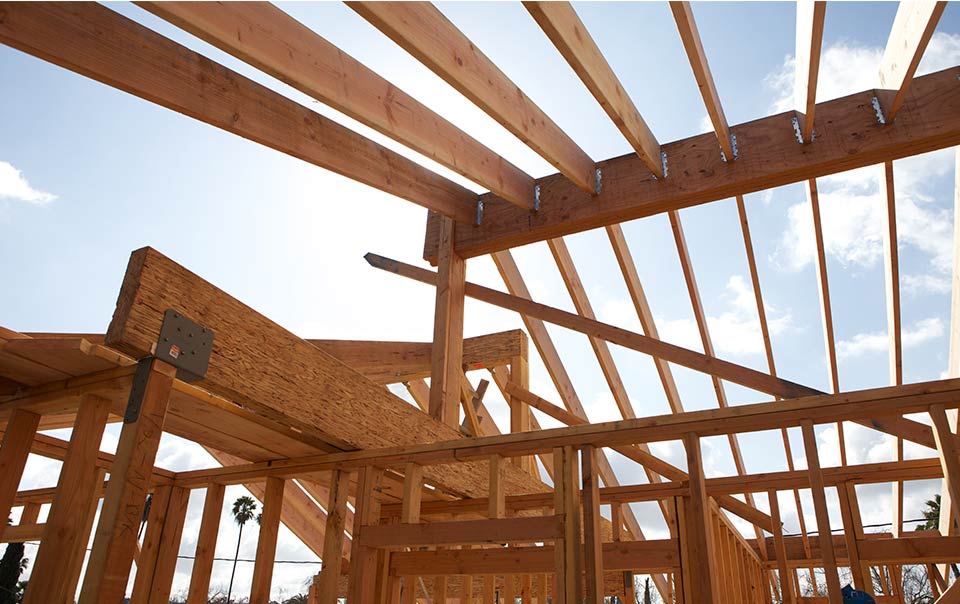
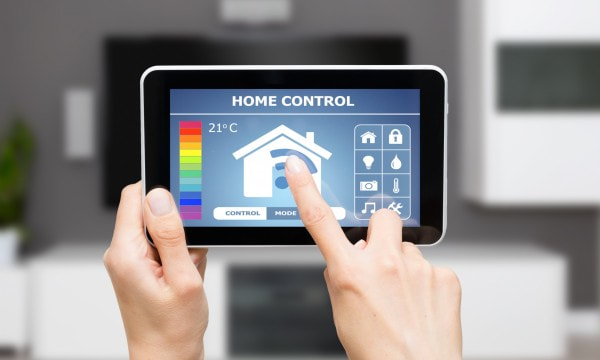
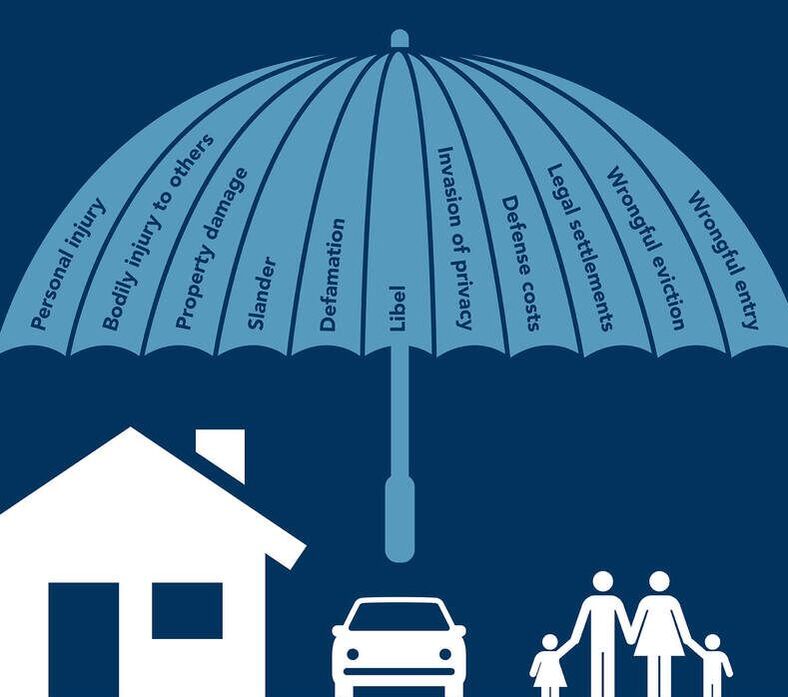
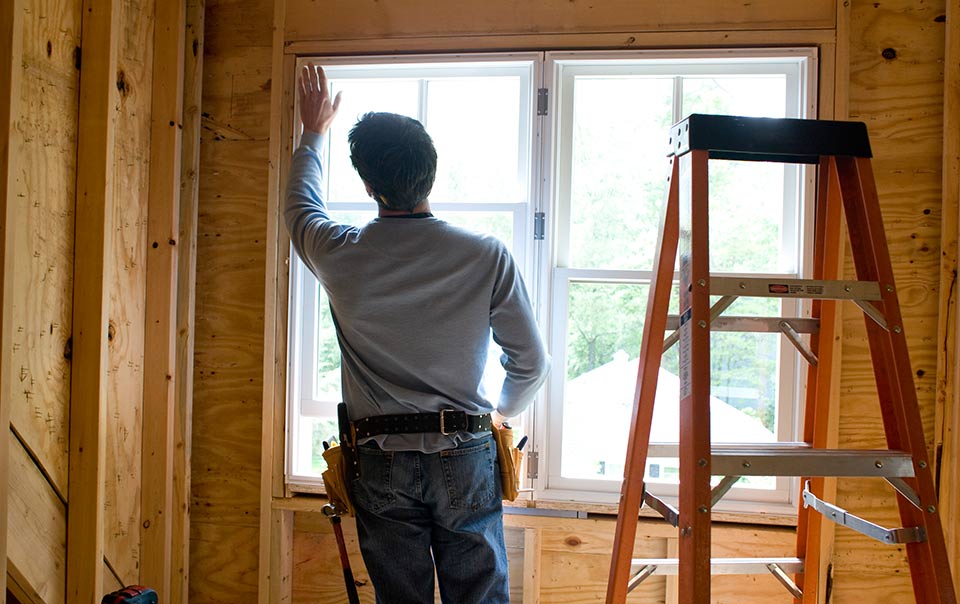
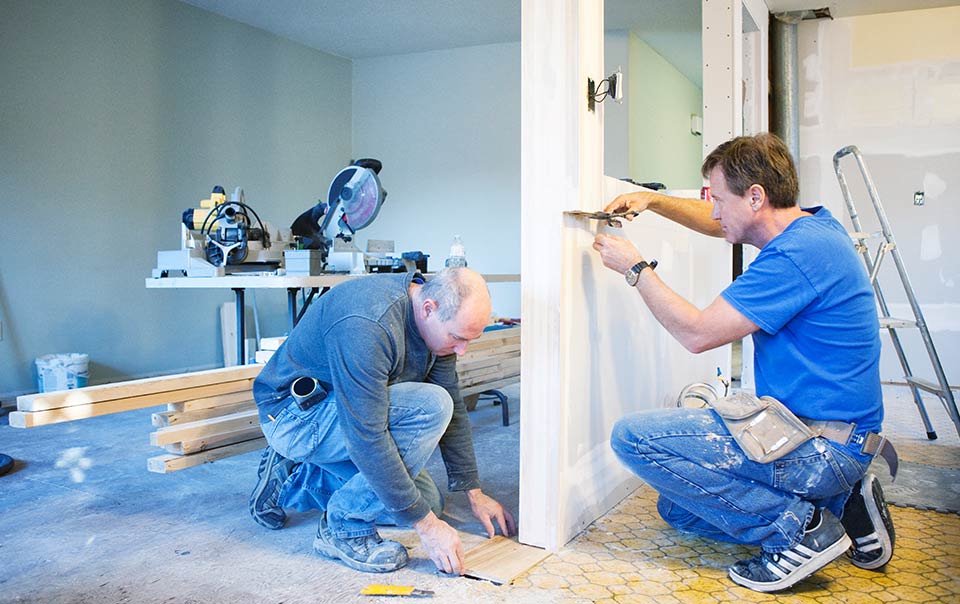
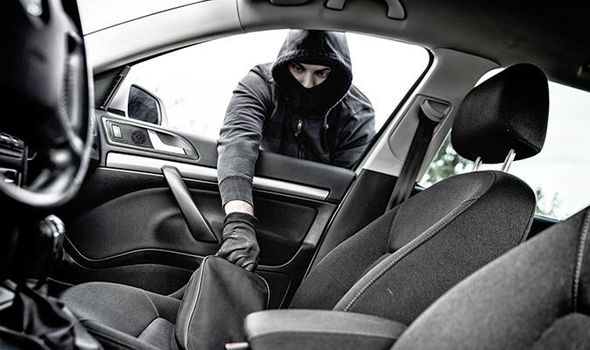

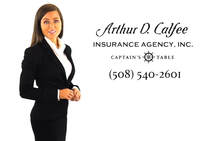



 RSS Feed
RSS Feed





